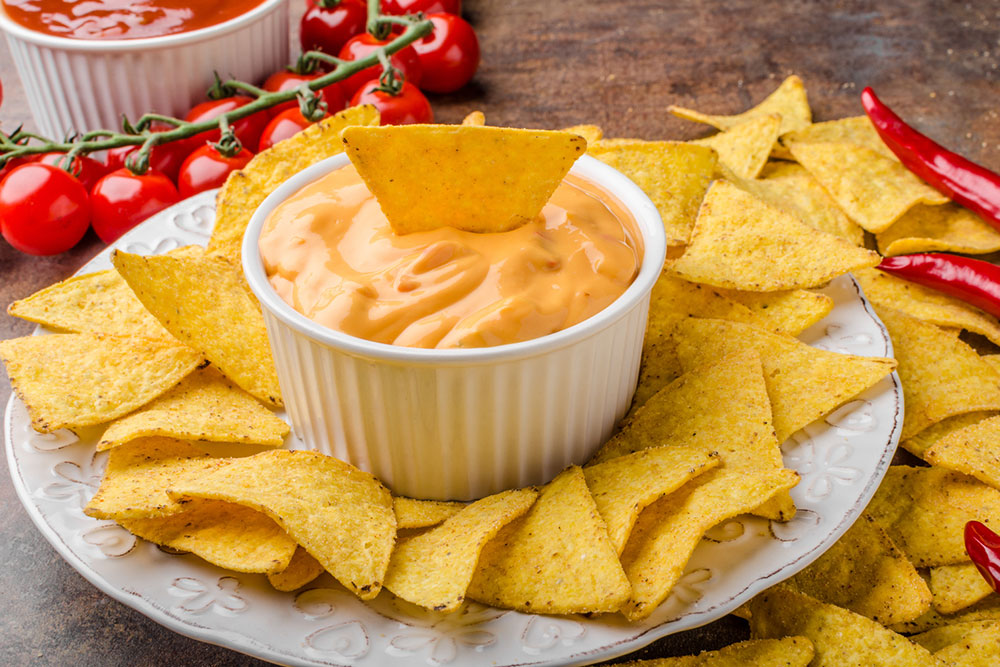List of foods that cause and reduce water retention

Water retention, which is also called edema, can lead to a lot of discomfort, making one feel bloated all the time. A few factors can lead to water retention, such as hormonal fluctuations, side effects of specific treatments, and intake of certain foods. While not all the factors are in one’s control, an individual can surely avoid water retention by steering clear of some foods and including others in their food regimen. Read on to know what are some foods that can cause water retention and help reduce it.
Foods that cause water retention
- High sodium foods
Foods that contain high amounts of salt cause a lot of water retention. This is because table salt contains sodium, which causes one’s body to hold onto excess water, leading to bloating and increased blood pressure. Such foods include chips, pretzels, salted nuts, and other similar packaged foods. One can consume these in moderation or opt for low-sodium or salt-free alternatives to these snacks. Additionally, Spices and seasoning options like oregano, herbs, chili, and garlic powder can be used to add flavor. - Canned foods
Canned foods, such as canned soups, vegetables, corns, stews, etc., are kitchen staples in most households. However, despite their convenience, they might not be the best choices if one is looking to prevent water retention. Canned items are packed with high sodium and preservatives to increase their shelf life. Therefore, it is advised to switch to fresh or frozen options. - Sugary treats
Besides sodium, high amounts of sugar can also cause water retention. Excess sugar can lead to dehydration, prompting the body to hold onto more water, eventually causing bloating. So, in order to prevent water retention, one must also avoid the intake of sugary treats such as candies, sports drinks, sodas, etc., or one can have them in moderation. One can also opt for fresh fruits or dark chocolates, which have comparatively low sugar content. - Processed cheese and meats
Processed cheese, often found in fast foods, spreads, and slices, also contains high amounts of sodium. This sodium can be present in processed cheeses in two forms – regular salt and emulsifying salts, which are added for taste and as preservatives. These high levels of sodium can exacerbate the issue of water retention. - Similarly, processed meats, such as hot dogs, sausages, etc., also contain high levels of sodium, which are added as preservatives. One can opt for lean cuts of fresh meat to avoid water retention.
- High-caffeine beverages
Coffee and certain energy drinks contain high amounts of caffeine, which can have a diuretic effect. However, high caffeine intake can lead to dehydration and increase water retention. Hence, one must monitor the caffeine intake and stay adequately hydrated. - Refined carbs
Refined carbs, present in foods like white bread, pasta, etc., are a staple for many people. However, these refined carbohydrates can spike one’s blood sugar levels, which eventually causes the body to retain water. Furthermore, these sources are low in fiber, which slows down digestion and causes discomfort. Also, as one has excess carbs, the amount not used as energy gets stored as glycogen, increasing water retention in the body. Therefore, one can consider opting for whole grains, such as whole wheat bread and brown rice.
Foods that help reduce water retention
- Potassium-rich foods
Potassium is a vital mineral that helps the body regulate its sodium level and maintain fluid balance. One of the biggest advantages of potassium is that it counteracts the effects of sodium and prevents water retention. Some potassium-rich foods include bananas, sweet potatoes, avocados, and tomatoes. - Magnesium-rich foods
Magnesium is another mineral that plays a crucial role in maintaining the body’s fluid balance and preventing water retention. Studies have shown that it is especially helpful in alleviating symptoms of premenstrual syndrome (PMS), including water retention. Some magnesium-rich foods that one can add to their food regimen include leafy greens like spinach, nuts, and whole grains. - Vitamin C-rich foods
Vitamin C-rich foods like oranges offer more than just a tangy burst of flavor. They are also natural diuretics, meaning they can promote the flow of urine, helping the body get rid of excess fluids and sodium. Moreover, oranges also have a high water content, which aids in reducing water retention and bloating. Besides oranges, other fruits that are rich in vitamin C are lemons, strawberries, and tomatoes, among others. - Ginger
Ginger has anti-inflammatory properties, which can help alleviate bloating and inflammation. Ginger is also a natural remedy for various digestive issues, including bloating and water retention. One can add grated ginger to teas or use it as a spice in cooking. - Fennel
Fennel is another food with natural diuretic properties, which can promote the removal of excess fluids from the body, thus reducing water retention and bloating. One can consume fennel bulbs by adding them to salads or teas. - Cucumbers
Cucumbers have a high water content, and they too act as a natural diuretic. They can help in reducing bloating by flushing out excess water and sodium from the body. One can add cucumbers to their salads or consume them as snacks with a healthy dip. - Watermelons
With its high water content, watermelon also helps flush out excess fluids and sodium from the body, making it an excellent choice for those looking to combat water retention and bloating. Watermelons contain citrulline, an amino acid that provides a relaxing effect on the blood vessels. This helps to relieve pressure against the walls, preventing the water from accumulating in the tissues, which can cause swelling.
Water retention is a challenging health issue, but it can be effectively managed by avoiding certain foods and incorporating a change in lifestyle and food habits. Besides, one must also stay well-hydrated to maintain overall well-being.







